Directed by Mexican auteur Alejandro González Iñárritu, Netflix’s ‘Bardo, False Chronicle of a Handful of Truths’ is a surreal drama film. It follows Silverio Gama (Daniel Giménez Cacho), a celebrated Mexican journalist turned documentary filmmaker, who returns to his native country a few days before becoming the first Latin American to receive a prestigious award for his work in the US. As his life unfolds on screen, it becomes increasingly difficult to tell what is real and what isn’t.
‘Bardo’ is Iñárritu’s most personal movie, and Silverio is effectively a stand-in character for him. Nevertheless, the filmmaker has repeatedly reiterated that the movie is not an autobiography but a fictionalized version of certain truths. If you have watched the black comedy and loved it, here is a list of similar movies that might fit your taste.
8. In America (2002)
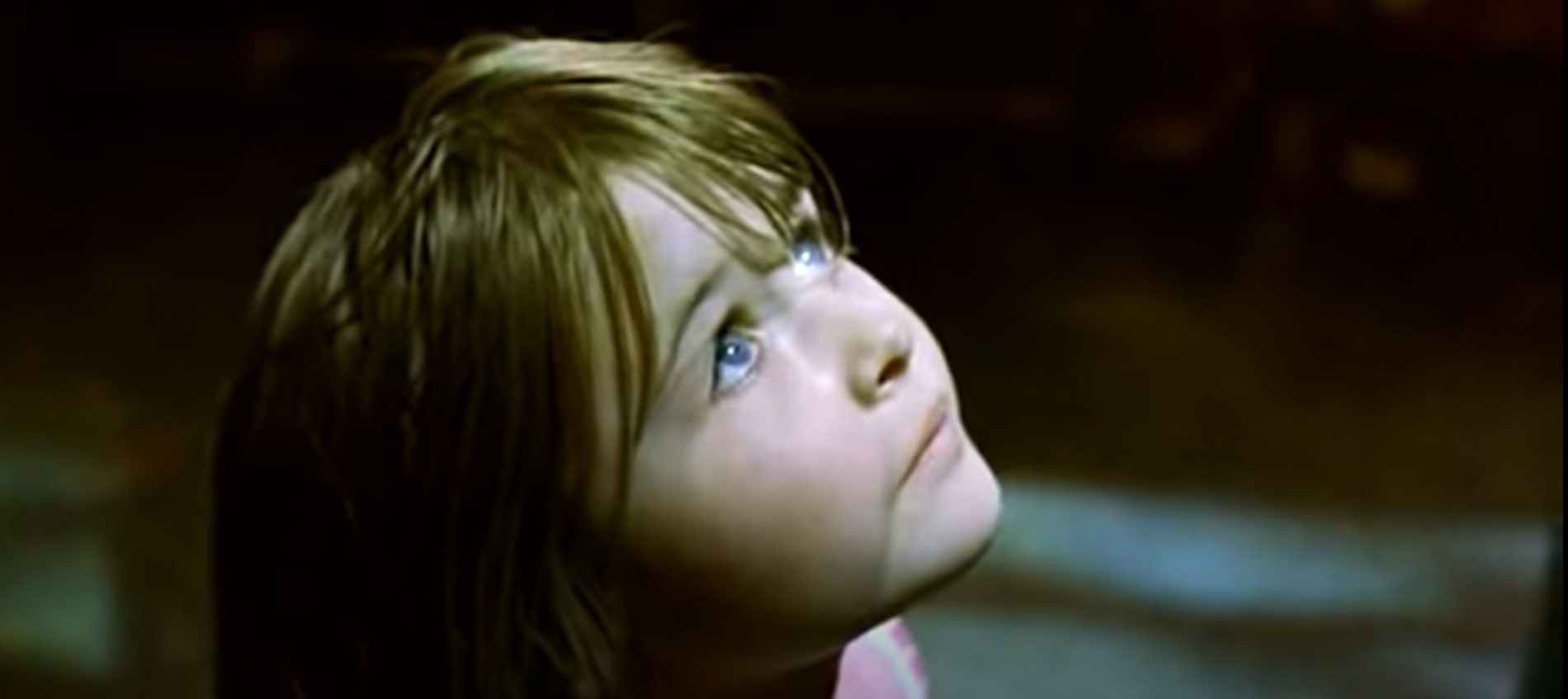
Directed by Jim Sheridan, who wrote the semi-autobiographical screenplay along with his daughters, Naomi and Kirsten, ‘In America’ tells the story of an Irish immigrant family that arrives in New York through Canada and starts living out of a small apartment in Hell’s Kitchen. Their apartment building doesn’t seem particularly friendly, yet the family grows close to their neighbors through mutual respect.
Meanwhile, Johnny Sullivan, the patriarch of the family, struggles with his uncertain acting career, whereas his wife Sarah finds a job at a local ice cream parlor. Gradually, it is revealed that the Sullivans are dealing with the grief of losing their son, Frankie. ‘In America’ has all the indications of a cathartic exercise. Like ‘Bardo’ and other entries on this list, it celebrates an immigrant family, underscoring how our loved ones impact our artistic sensibilities.
7. Belfast (2021)
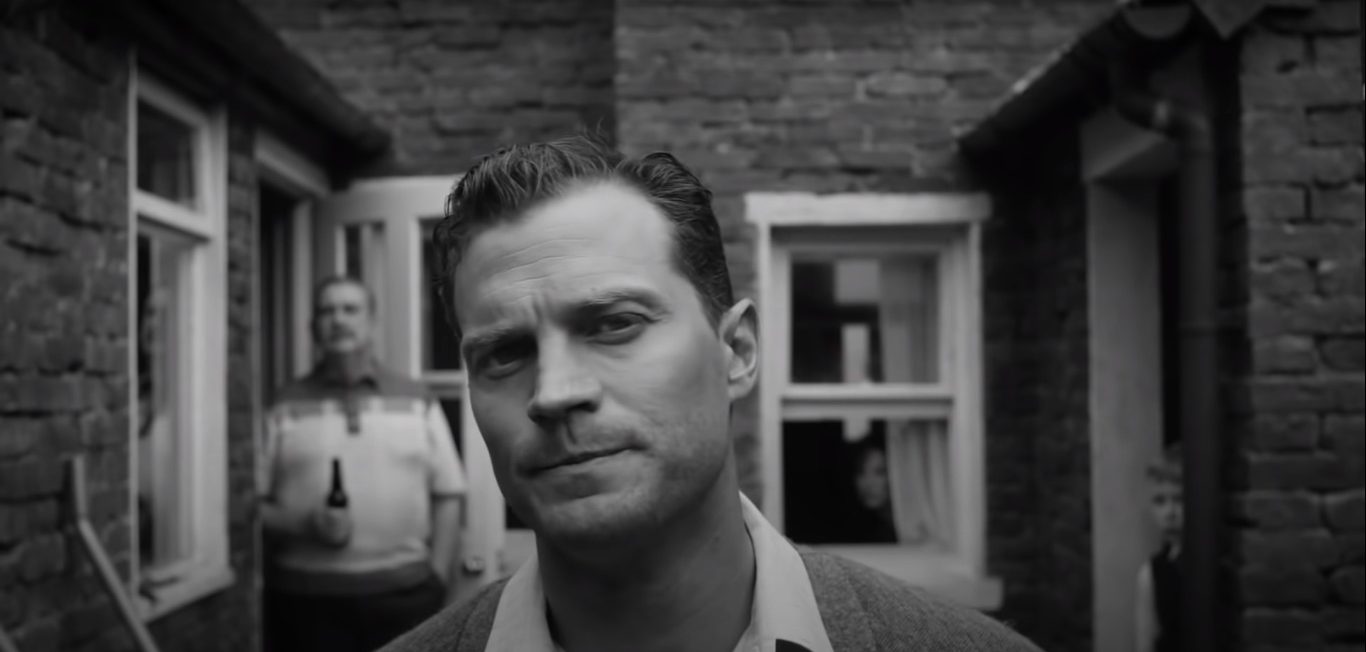
If ‘Bardo’ is a personal story for Iñárritu, the same can be said about ‘Belfast’ by filmmaker Kenneth Branagh. Set in the titular city in Northern Ireland, the story revolves around a nine-year-old Ulster Protestant boy named Buddy and his working-class family, living through one of the most chaotic times in recent Irish history, The Troubles. As the country tears itself apart through religious violence, Buddy’s family begins to consider the prospect of immigration seriously.
6. The Fabelmans (2022)
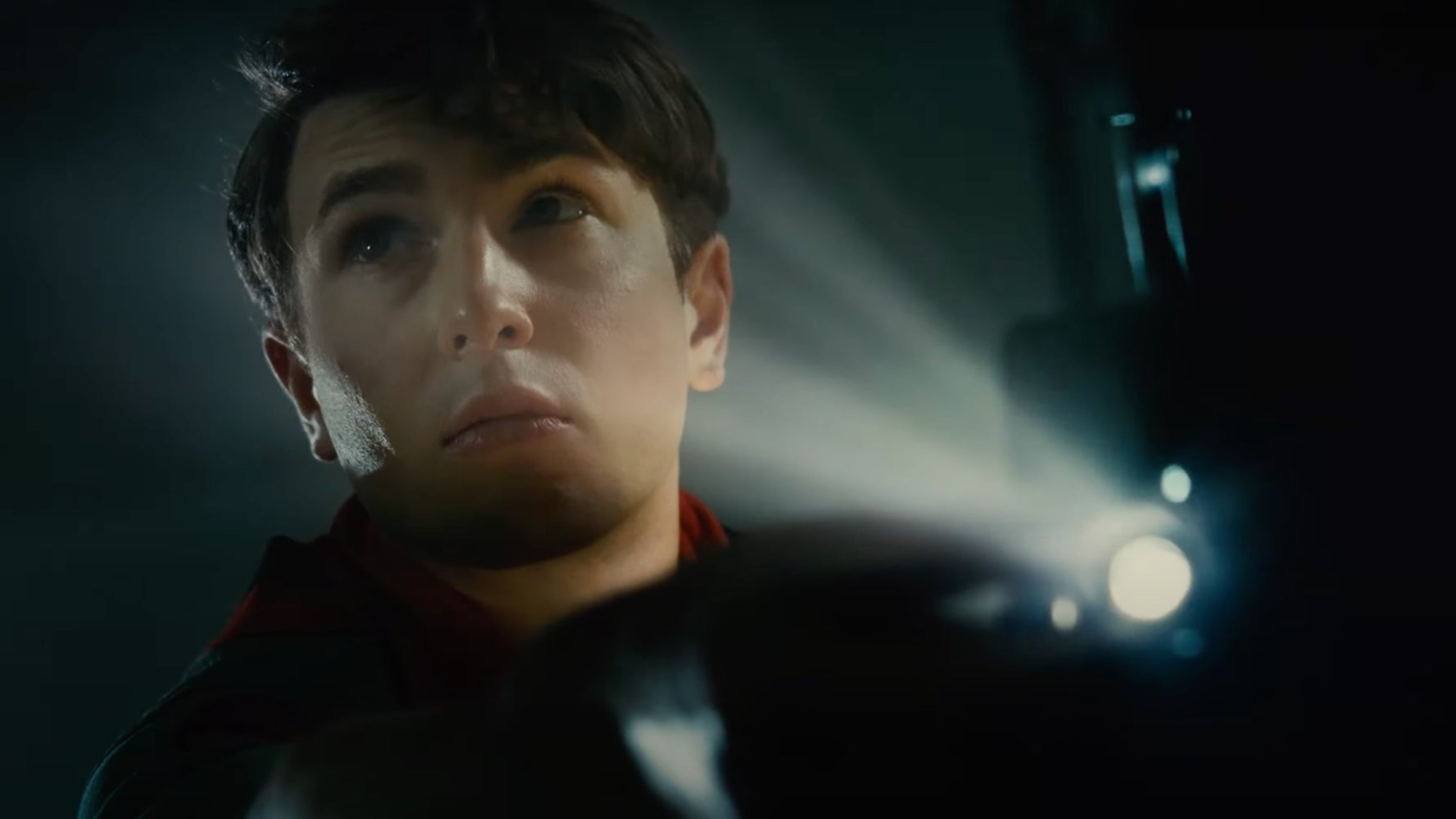
Yet another personal work by a modern auteur, Steven Spielberg’s ‘The Fablemans’ follows Samuel “Sammy” Fabelman, a teenager who dreams of becoming a filmmaker. He moves from city to city with his family because of his father’s work, but his love for cinema and the desire to become a filmmaker doesn’t wane. Sammy discovers that his mother is having an affair with his favorite uncle, which leads to the splintering of the family, yet he perseveres.
Like Silverio in ‘Bardo’ and ‘Buddy in ‘Belfast,’ Sammy is a stand-in for Spielberg. Even though ‘The Fabelmans’ is a much more grounded film than ‘Bardo,’ the two movies are similar in many ways. Both celebrate family, art, and culture and are better representatives of the respective filmmaker’s works.
5. Holy Motors (2012)
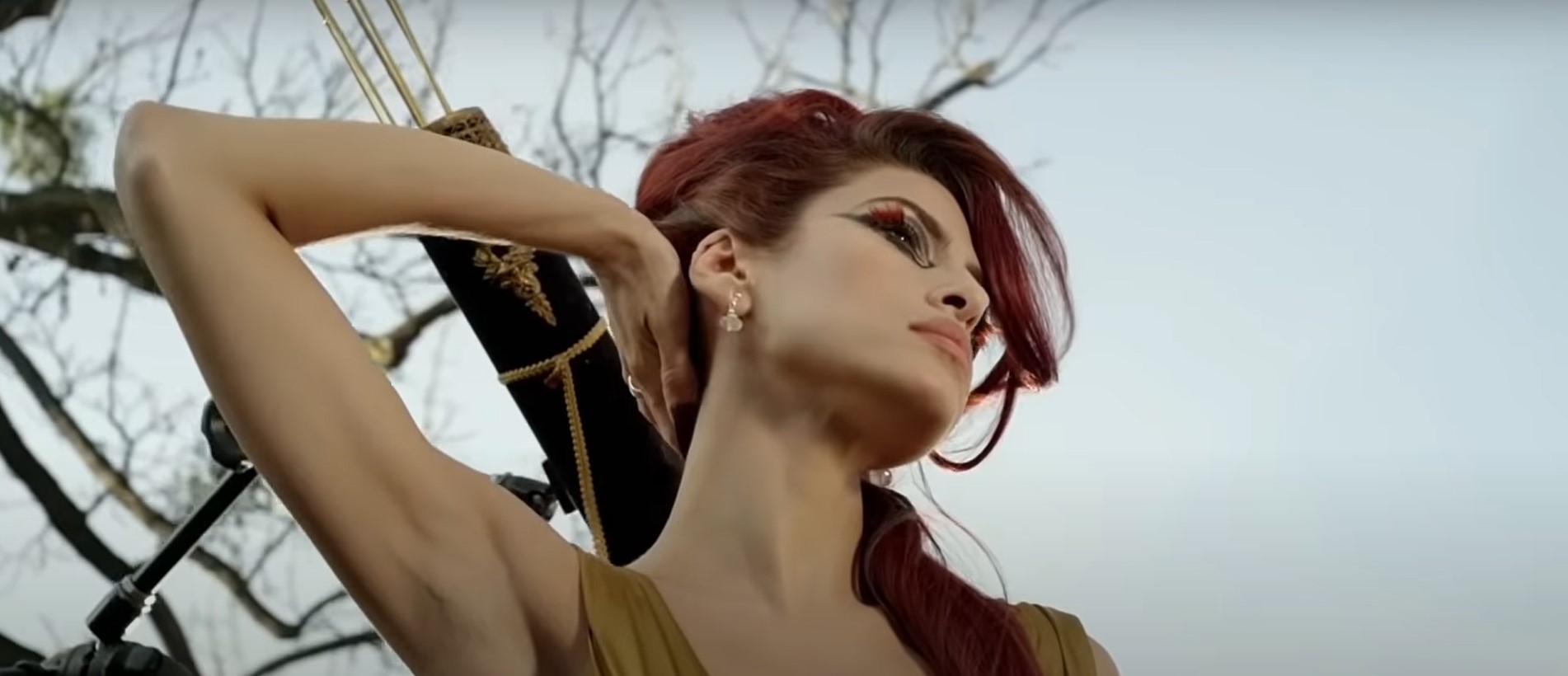
‘Holy Motors’ has a complex narrative that seems to be in a constant mode of restlessness. The protagonist, Mr. Oscar, seems to traverse from one film to another, depicting various characters. This includes an elderly female beggar on the Pont Alexandre III in Paris, a father arguing with his daughter about her lack of socializing skills, and a red-haired man that abducts a beautiful model. Accompanying Mr. Oscar on his journey is his driver, Celine. Like ‘Bardo,’ Holy Motors can be exasperating and frustrating because of the meandering narrative encased in dream-like elements and surrealism.
4. Babel (2006)
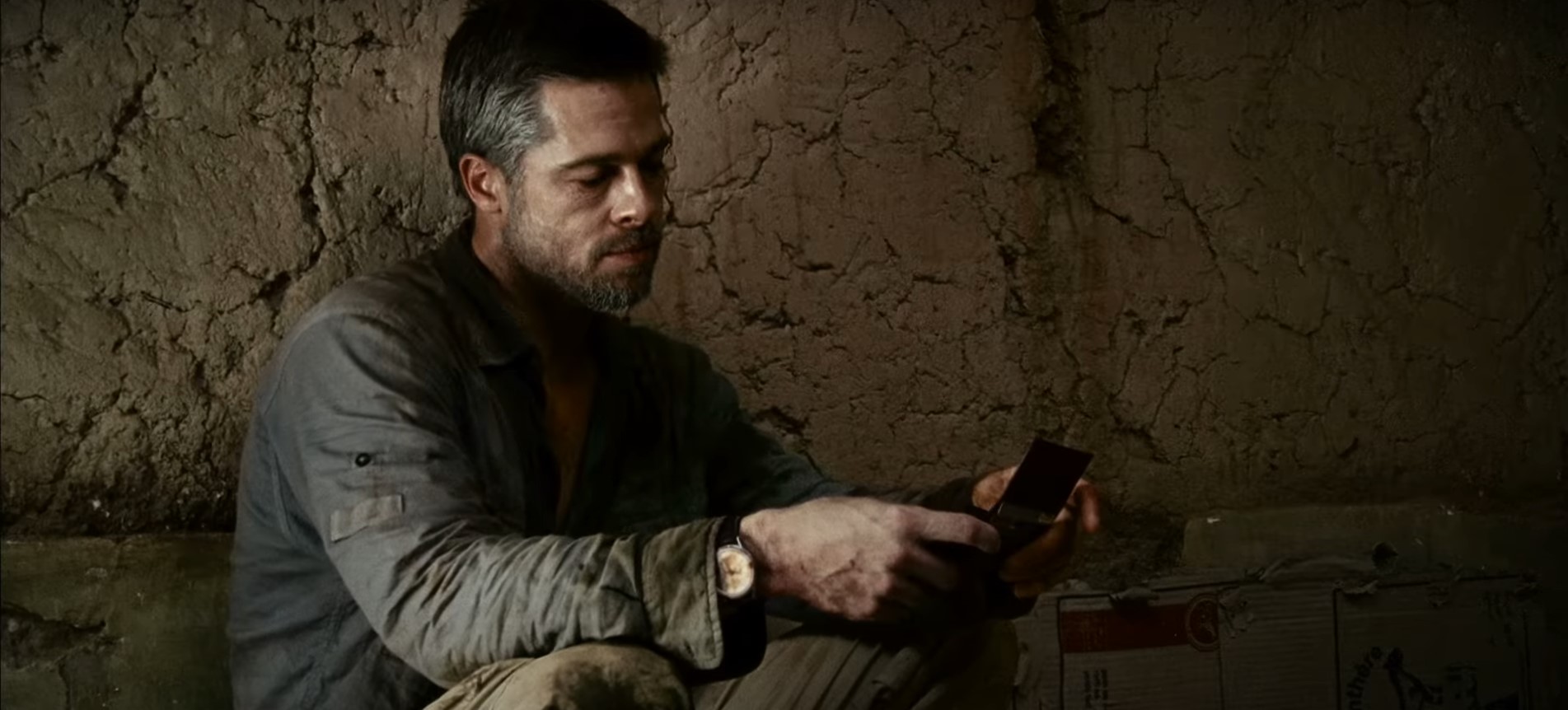
The concluding chapter of Iñárritu and screenwriter Guillermo Arriaga’s ‘Death’ trilogy, ‘Babel’ is one of the best examples of hyperlink cinema, where multiple stories are woven together in a complex narrative. The story encompasses four countries: Morocco, Japan, the US, and Mexico, and revolves around an ensemble of characters. Like ‘Bardo,’ ‘Babel’ doesn’t necessarily have a linear narrative. Richard and Susan Jones (Brad Pitt and Cate Blanchett) arrive in Morocco for a vacation, where the latter is accidentally shot by a boy named Yussef.
The gun with which Yussef shot Susan is traced back to Japan. Meanwhile, Amelia, the nanny of Richard and Susan’s children, decides to take her charges to Mexico for her son’s wedding. Death is a recurring motif in Iñárritu’s work, and ’Bardo’ is no exception, though it is especially evident in ‘Babel’ and the other entries in the trilogy. In addition, both films share specific aesthetics that have come to be associated with the filmmaker.
3. Fanny and Alexander (1982)
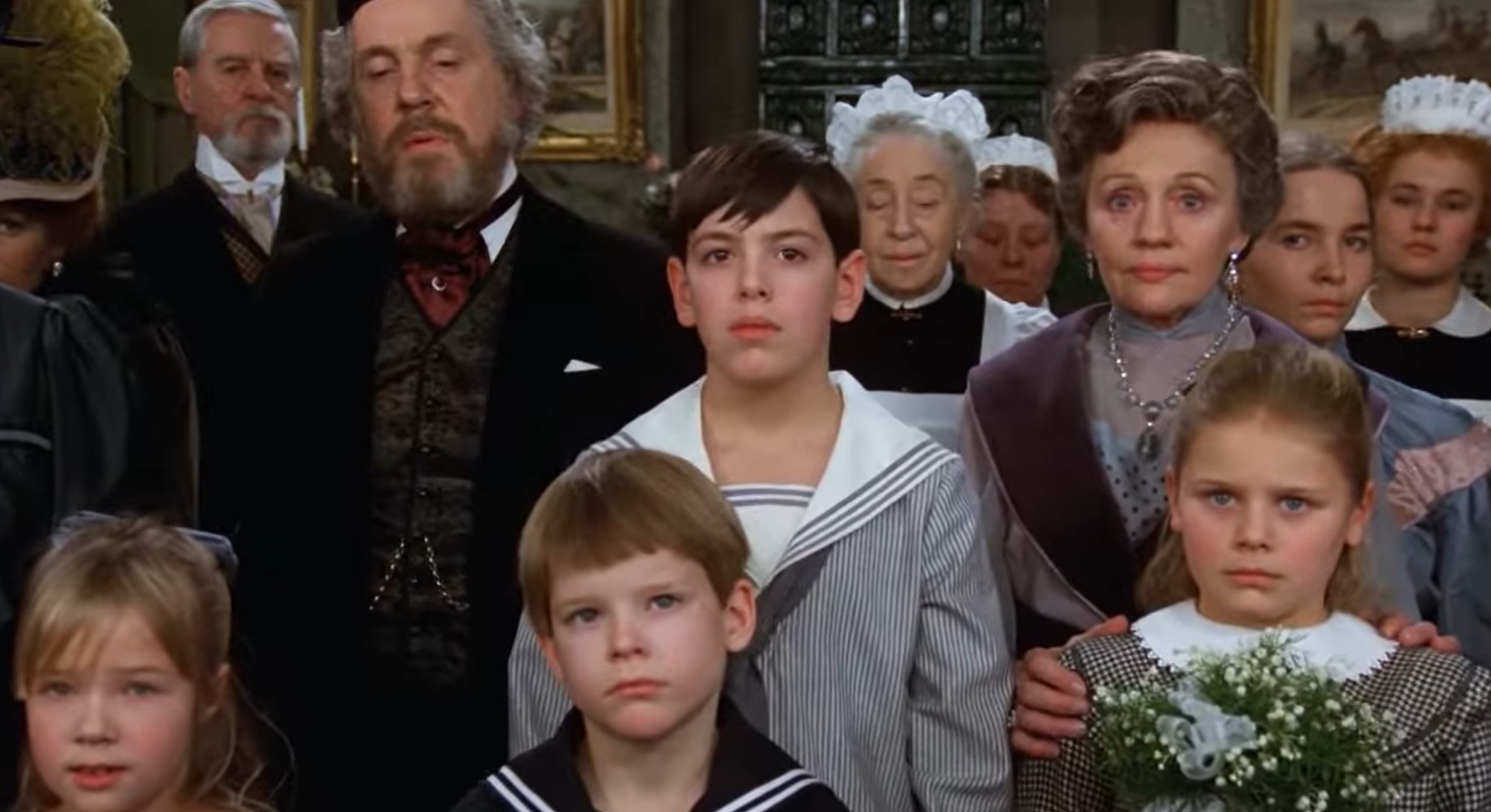
When Swedish filmmaker Ingmar Bergman made ‘Fanny and Alexander,’ he intended the semi-autobiographical film to be his last work. Ultimately, he went to direct projects well into his 80s. Like ‘Bardo’ and other entries in this list, ‘Fanny and Alexander’ is rooted in its maker’s desire for self-exploration. The period movie revolves around the eponymous characters, the children of the affluent Ekdahl family. They lead a happy life in a Swedish town in 1907, but after the sudden death of Alexander and Fanny’s father, their mother marries the local bishop, Edvard Vergérus, whose authoritative ways make the young boy’s life miserable.
2. The Tree of Life (2011)
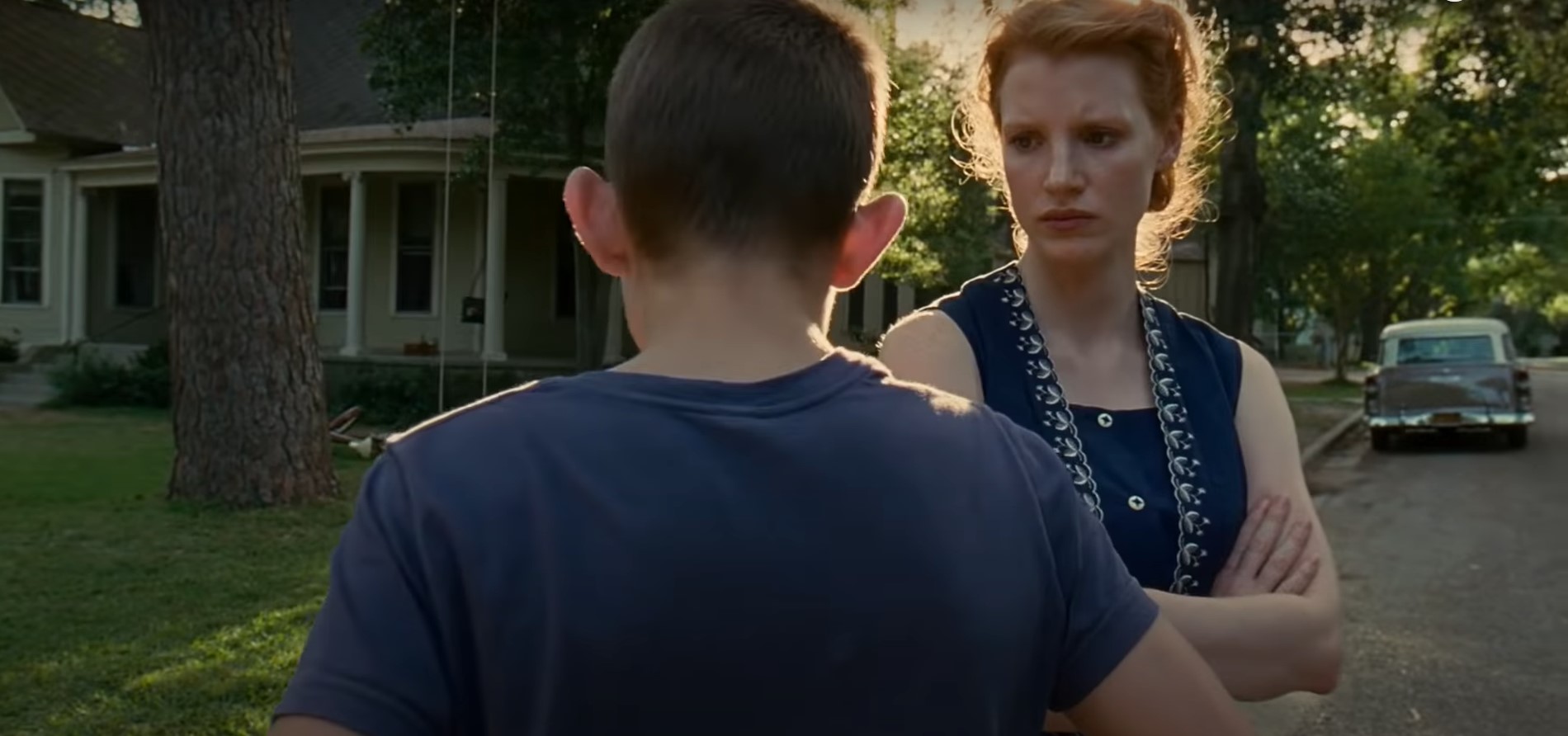
Despite being active as a filmmaker since the 70s, writer-director Terrence Malick has made only a handful of films, but each of them has been a masterpiece, and ‘The Tree of Life’ is no exception. Like ‘Bardo,’ this movie is very personal for its maker, brimming with autobiographical elements. There are also aspects in ‘The Tree of Life’ that are incredibly surrealistic. It follows the childhood memories of a man named Jack (Sean Penn), often venturing out of the regular narrative to explore the universe’s origin. Besides, the titles of both films are heavily ladled with theological symbolism.
1. Mirror (1975)
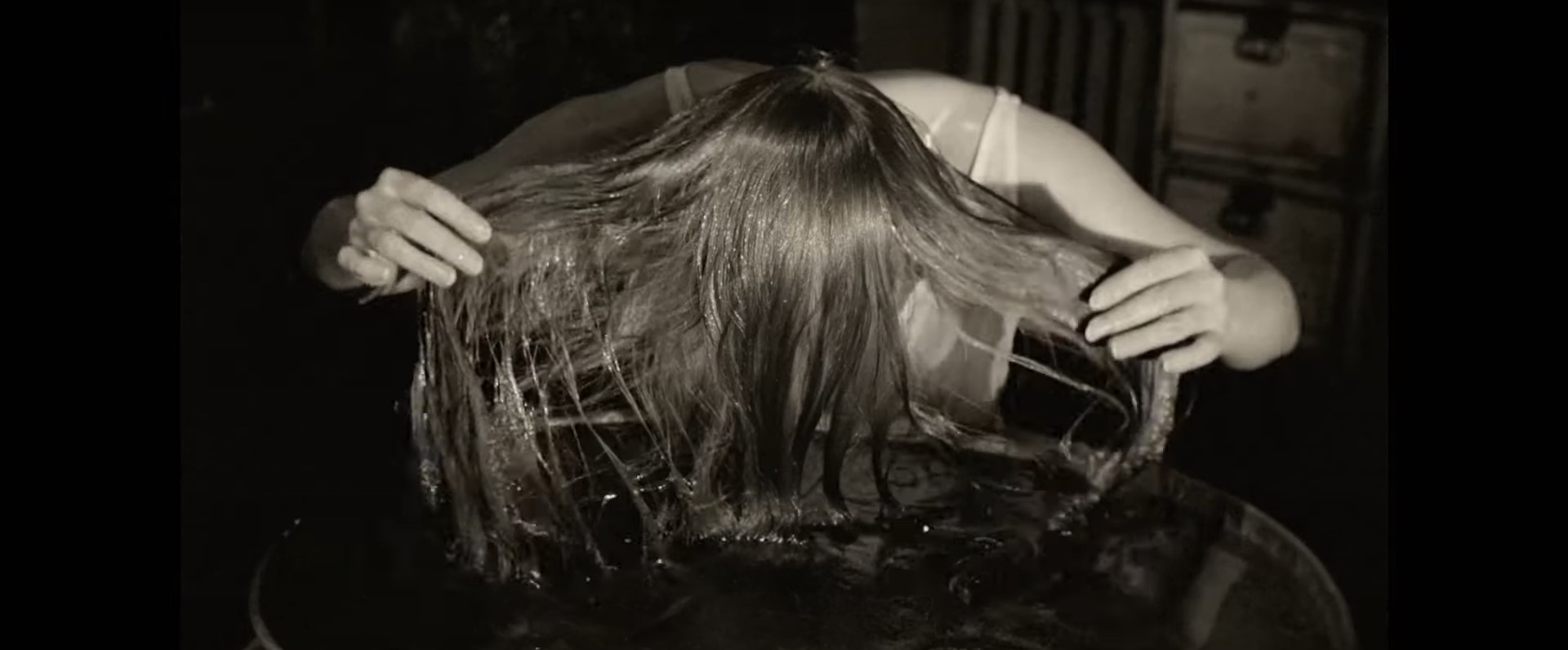
‘Bardo’ is such a unique and whimsical film that it is nearly impossible to find a movie that can be considered its twin, yet Andrei Tarkovsky’s ‘Mirror’ comes close. They both can be regarded as deeply personal musings of their respective filmmakers, surrealistic and held together by a non-linear narrative. The focus of ‘Mirror’ is on Aleksei, or Alyosha, in various stages of his life.
The movie consists of three primary time frames set around World War II, prewar (1935), wartime (the ’40s), and postwar (’60s or ’70s), and the narrative shifts back and forth between them. Besides, it regularly meanders and explores memories, dreams, and newsreels, using the filmmaker’s childhood as inspiration.
Read More: Where Was Netflix’s Bardo Filmed?


You must be logged in to post a comment.